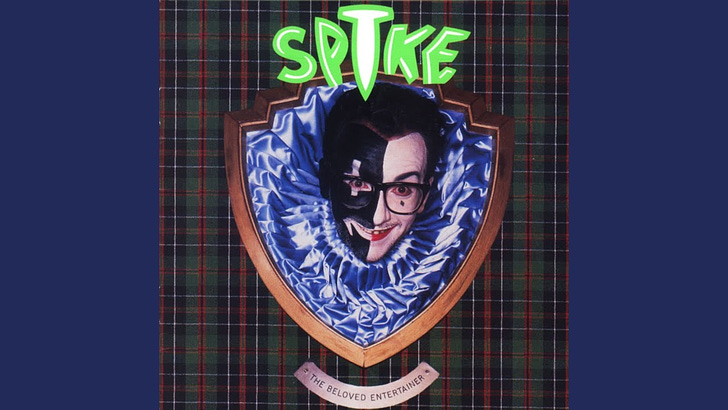The year 1989 did represent the end of a decade, especially in New York. The eighties were manic and tragic: the era of the movie Wall Street, and its "greed is good" ethos; and AIDS, which disproportionately killed gay people and hollowed out entire sections of the creative arts industry. Their offspring, and the coin of the realm, was the gossip column.
The entrance of Long Island Newsday's standalone city edition, New York Newsday, (1985-1995, may its memory be a blessing) created a three-way battle with the New York Post and the Daily News for the tabloid reader. And the weapons were gossip columns and columnists. Gossip writers at the three tabloids found the competition good for their paychecks, especially when New York Newsday poached Liz Smith from the Daily News for what was probably a successful Wall Street banker's annual bonus …
Keep reading with a 7-day free trial
Subscribe to Critical Conditions by Wayne Robins to keep reading this post and get 7 days of free access to the full post archives.



